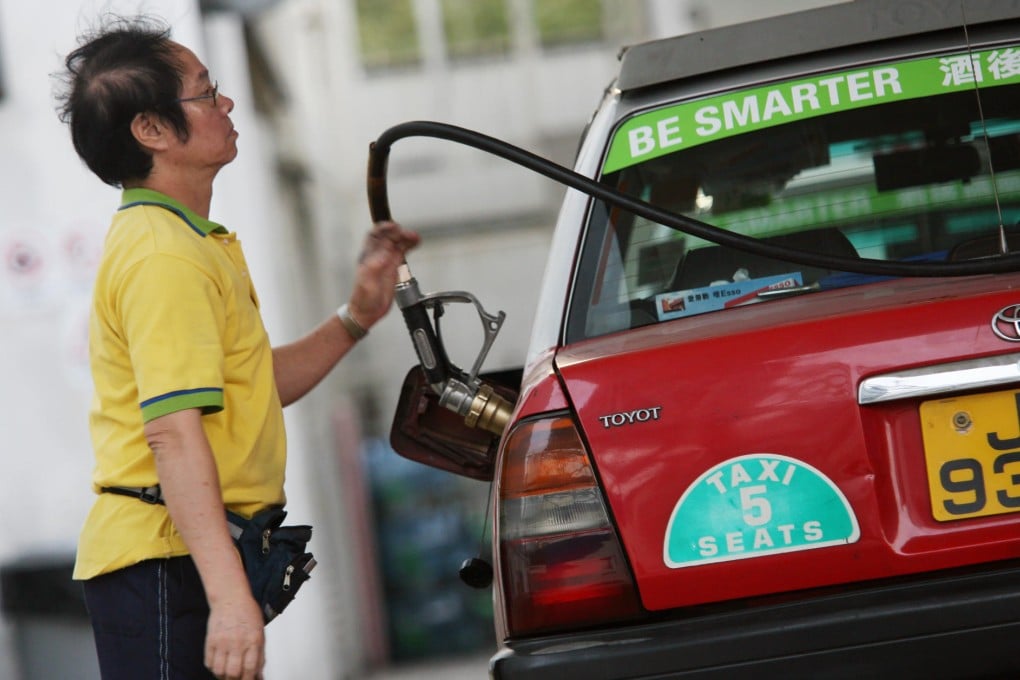Lai See | What's the point of yet another report on biodiesel?

Interesting to see that the Hong Kong government is to commission a study into the costs and benefits of using biodiesel fuel with a view to blending it with fossil diesel.
Why the government is embarking on this study is not wholly clear since the Environmental Protection Department commissioned the University of Hong Kong to carry out a feasibility study for using biodiesel in vehicles in 2003.
Then ultra-low-sulphur diesel was sold at petrol stations in Hong Kong. The sulphur content of the fuel was lowered from 500 parts per million (ppm) to 350 ppm on January 1, 2001. The report found a blend of 20 per cent biodiesel fuel caused a slight decrease (less than 1 per cent) in engine power, a 16 per cent reduction in smoke opacity and 14 per cent reduction in hydrocarbon emissions.
However, as the EPD's website reports, on December 1, 2007, the government introduced Euro V diesel, which has a sulphur content of 0.001 per cent. Since then, all filling stations in Hong Kong are exclusively offering this fuel. The EPD's website also points out that fuelling existing diesel vehicles with Euro V diesel can reduce their sulphur dioxide and particulates emissions by 80 per cent and 5 per cent respectively.
In other words Euro V is a vastly superior product to ultra-low-sulphur diesel. Adding biodiesel to Euro V diesel will have a negligible effect on emissions. There is plenty of information on this available so we are curious as to why there needs to be another report.
Hopefully this is not going to end up as a sop to the biodiesel industry which would be keen on having its products used in this way. Maybe it's a way of fending it off. Either way, we suppose that it shows the EPD is doing something.
The university report also noted concerns that biodiesel could damage the fuel lines of vehicles older than 10 years, and void the vehicle warranty and insurance. We look forward to seeing what new information the government will come up with.
